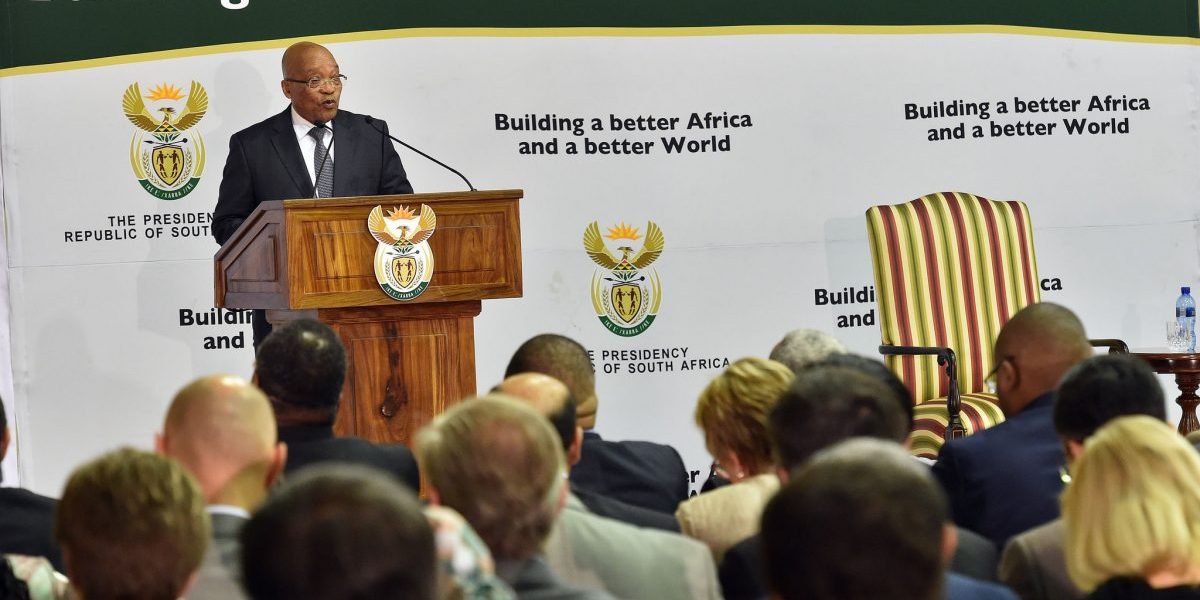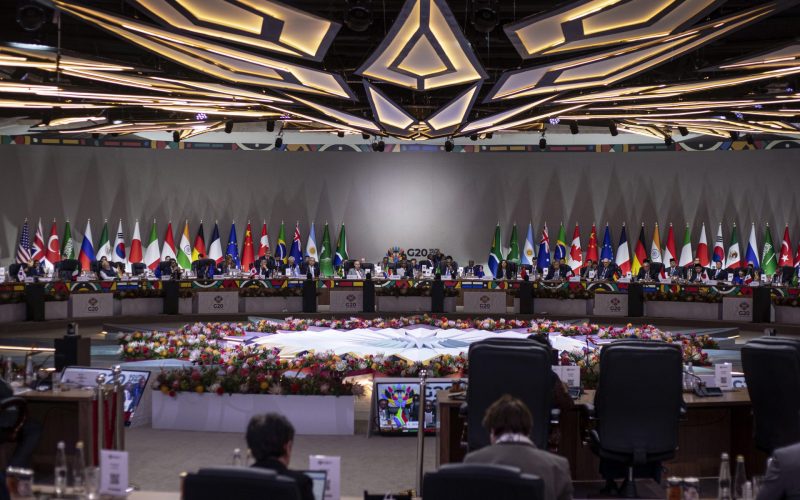Indeed, its accomplishments in holding two almost back-to-back terms on the United Nations Security Council; its accession to the BRICS grouping; the election of Dr Dlamini-Zuma as Chairperson of the African Union Commission; and its hosting of high-level international events such as COP17 have been illustrative of its success.
Pretoria is now utilising the position it has carved out to advance important foreign policy imperatives on the international arena.
Key amongst these has been South Africa’s position on the need for Security Council reform. DIRCO Minister Maite Nkoana-Mashabane’s lecture at the University of Pretoria this week on South Africa’s foreign policy, now and in the future, prioritised this issue; as did Deputy Minister Ebrahim during an address at the South African Institute of International Affairs last week. This is in line with similar views that have emanated from the Department historically, but particularly since South Africa assumed its second term as a non-permanent member on the Security Council in January 2011.
In line with the notion of African unity, South Africa has been strongly espousing this position on the basis of the 2005 Ezulwini Consensus, the official African position, which argues that reform should redress historical injustices to be better representative of the current global order. It lobbied for two permanent seats with the veto for Africa and five non-permanent seats.
Africa now constitutes one billion of the earth’s seven billion inhabitants and is the subject of the Security Council’s agenda some 75% of the time. Further, Africa is on the rise, showing bullish economic growth rooted in its immense resource wealth. It is these reasons that should support greater representation of Africa and African issues on the world’s preeminent multilateral platform.
Unfortunately, South Africa’s foreign policy seems to be grappling with how the reform ought to be achieved. There is very little clarity on South Africa’s strategy of engagement on this particular foreign policy imperative during its current term at the Council; nor how it will be pursued thereafter. The Minister and her Deputy have focused on the arguments for increased representation, but do not suggest practical solutions on how the Council should achieve such reform, or achieve a more equitable representation of the global order. This is crucial in a dynamic and shifting political milieu.
Given that the most robust window of opportunity available to South Africa in this regard is closing with the end of its current term on the Council in December, what steps could and should the government take that might lead to results?
Firstly it is worth stating that seeking Security Council reform is akin to fighting a losing battle. This is because the very nature of the permanent seats and veto power serve to stymie any action that would seek to remove the veto. The broad consensus is that an approach that supports the removal of the veto is bound to be still-born. Incremental reform is likely the most practical approach for South Africa; that is, to sell the P5 and other reform-minded countries first on some smaller reforms such as expanding the number of non-permanent seats, and then gradually building upon these gains over time.
South Africa will surely continue to use this foreign policy imperative as a tool for maintaining its relevance as an important player internationally, and will most certainly again bid for a non-permanent seat once the mandatory one-year wait ends. But beyond this, if Pretoria is serious about realistic action, it will need to formulate a more concrete strategic approach to Security Council reform – one that Africa, and the rest of the world too, can rally behind.








